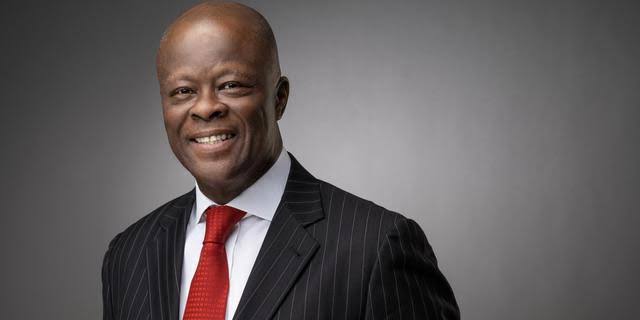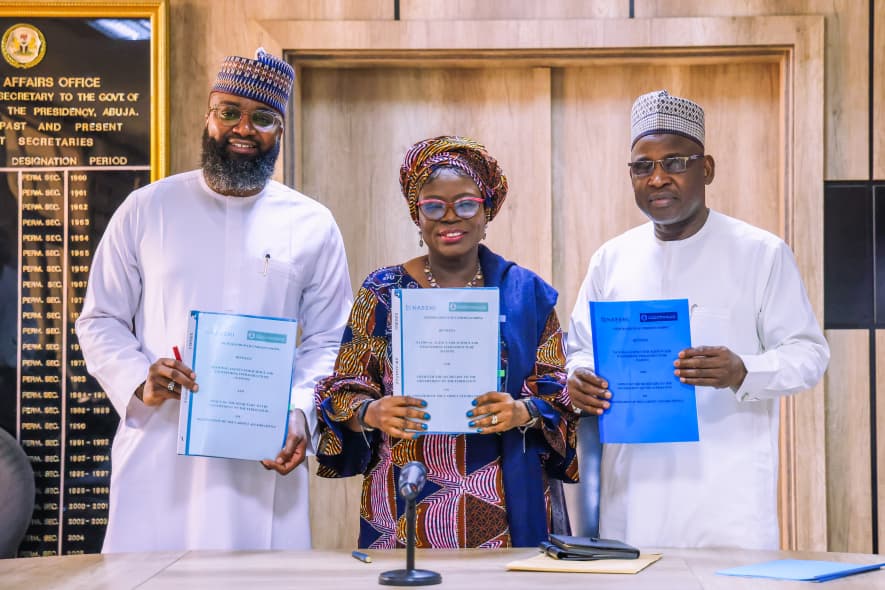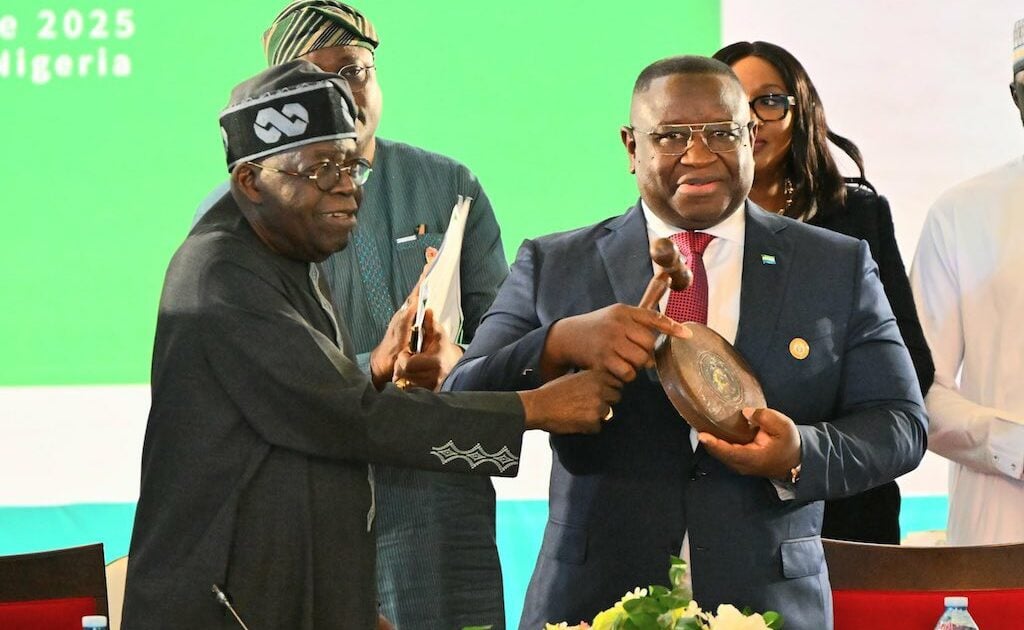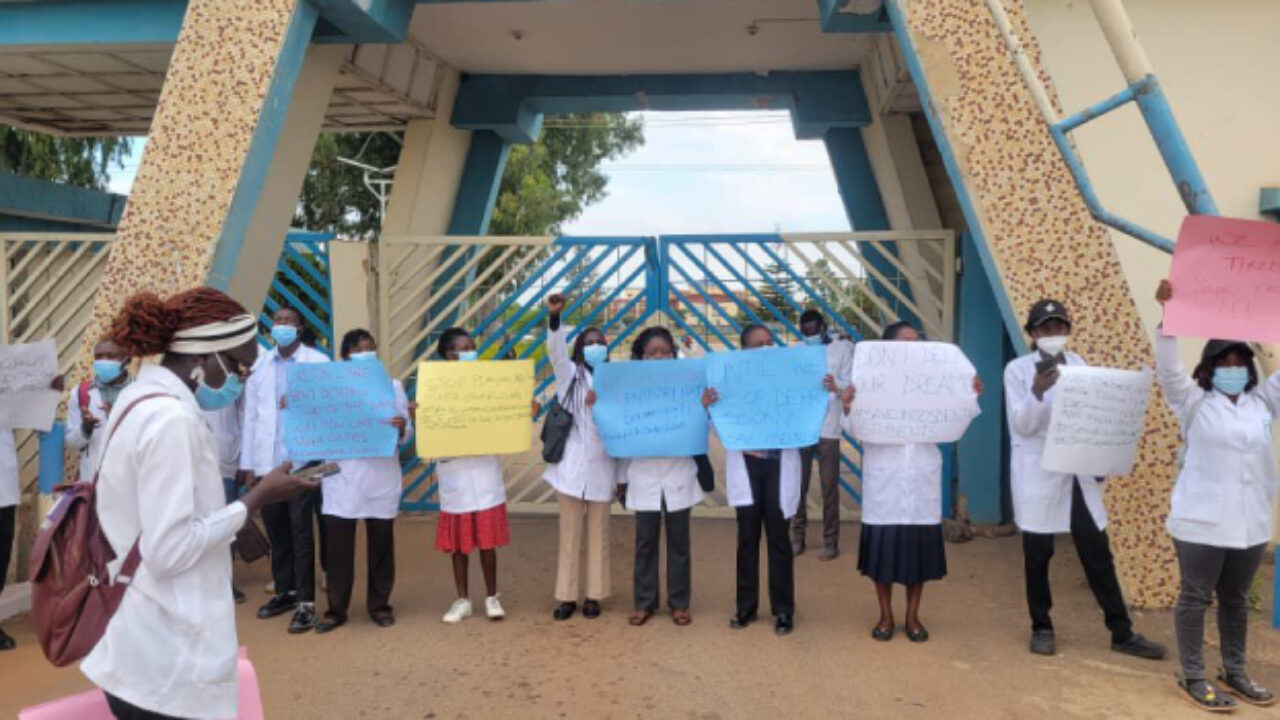In his presentation, Mr. Wale Edun reported that the administration’s reform agenda continues to attract investment, drive economic recovery, and improve market confidence. He thanked the President and cabinet members for their support during his recent illness, noting that current reforms aim to create a competitive economy that generates jobs and reduces poverty.
According to data shared by Edun, Nigeria’s GDP grew by 4.23% in Q2 2025, marking the strongest expansion in a decade outside the post-COVID rebound. Thirteen sectors expanded by more than 7%, up from nine in the previous quarter, reflecting broad economic resilience.
He revealed that the industrial sector’s growth nearly doubled, rising from 3.72% to 7.45%, driven by higher productivity and renewed investor confidence. Inflation also dropped to 18% last December, while foreign reserves surpassed $43 billion. Nigeria’s trade surplus rose to ₦7.4 trillion, showing improved external stability.
Mediaplusng.com reports that the Minister highlighted that Nigerians now spend less of their income on basic needs — around 50% compared to nearly 90% before — indicating a gradual improvement in living standards.
—
Nigeria Targets $1 Trillion Economy by 2030
Mr. Edun noted that Nigeria’s removal from the Financial Action Task Force (FATF) grey list has boosted global confidence in the country’s financial system. He added that international institutions such as the IMF and World Bank have upgraded Nigeria’s growth projections and credit ratings, showing stronger global optimism about the country’s reform direction.
He described the successful €2.35 billion Eurobond issuance, which attracted more than $13 billion in investor orders, as further proof of global faith in Nigeria’s economy under President Tinubu’s leadership.
Edun stressed that Nigeria must mobilize more domestic and foreign investments to achieve the administration’s goal of a $1 trillion economy by 2030, with growth expected to reach 7% by 2027.
Mediaplusng.com gathered that the next phase of reforms will target removing investment barriers, reviewing tariffs, improving fiscal transparency, and strengthening asset management. The Minister also urged collaboration across federal and state levels to identify investment-ready projects in key sectors like infrastructure, health, education, mining, agriculture, and the blue economy.
Council Pays Tribute to Late Leaders
Meanwhile, the Secretary to the Government of the Federation, Senator George Akume, announced the passing of former Minister and Senator Solomon Ewuga, who died in Egypt at the age of 70. Ewuga previously served as Deputy Governor of Nasarawa State and Minister of State for the FCT before representing Nasarawa North in the Senate.
The Council also observed a minute’s silence in honour of General Mohammed Abdullahi, former Chief of Staff under President Olusegun Obasanjo and pioneer Director-General of the Nigerian Security Organization (NSO).




